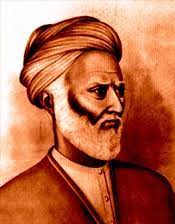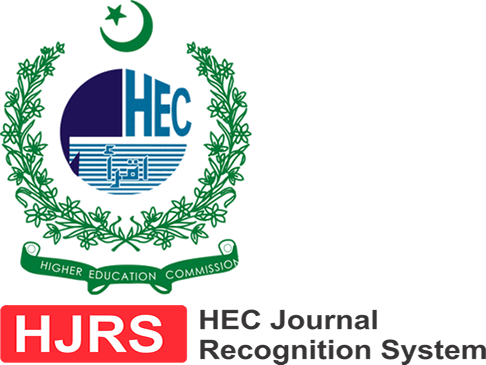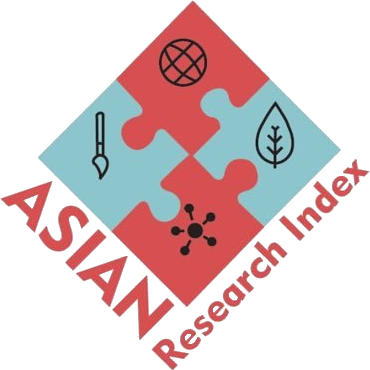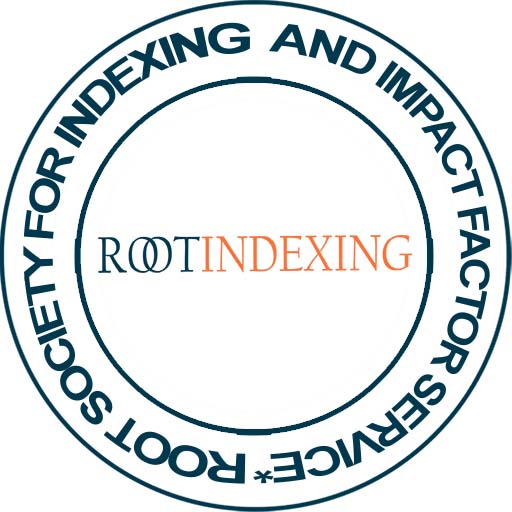Al MAWARDI’S THEORETICAL FRAMEWORK OF THE HOLY PROPHETIC ADMINISTRATIVE AND GEOGRAPHICAL ENTITIES
DOI:
https://doi.org/10.5281/zenodo.10355415Keywords:
The Holy Prophet (SAW), Al-Mawardi, Wali, AmilAbstract
The role of governors in international politics has been a subject of debate and political theories since the birth of political entities. The modern governor is a leader who leads the people and manages regional affairs. The Islamic polity was developed by the Holy Prophet (SAW), and later on was further consolidated by Khulafa e Rashideen. Governors were not only governors but also administrators, taxation officials, judges, and managers. The power delegated to governors by the central authority was tight, and they were held accountable. Governors violating precedents, set laws, or codes of conduct were punished. The most important tasks included theological leadership and military recruitment, including fiscal issues. Piety was the first requisite for a provincial Amir or Wali to continue working on the same post. Appointments made by the Holy Prophet (SAW) provided detailed guidelines for the coming generations, clarifying the functions and authorities of provincial governors. This research paper aims to analyze different dimensions and various aspects of administration during the Prophetic era.
References
al-Baladhuri, Aḥmad ibnYaḥya. The Origins of the Islamic State: Kitab Futuh al-Buldan, trans: Philip Khuri Hitti New York: Columbia University, 1916.
Al Mallah, Hashim Yahya. The Government System of the Prophet Muhammed: A Comparative Study in Constitutional Law. University of St Andrews: The University of St Andrews, 1972.
Al-Mawardi, The Ordinances of The Government, trans. Professor Wafa H. Wahba, Reading: Garnet Publishing,
Ali, Syed Ameer. A Short History of Saracens. London: Routledge, Taylor & Francis, 2004.
Dahlan, Malik. The Hijaz: The First Islamic State. New York: Oxford University Press, 2018.
Husaini, Syed Abdul Qadir. Arab Administration. India, Delhi: IDarah-I Adabiyat-i Dellhi, 1949.
Ibn Hisham, The Life of Muhammad, trans. A. Guillaume. Oxford: Oxford University Press, 1955.
Ibn Ishaq. The Life of Muhamad, trans. Alfred Guillaume. Oxon: Oxford University Press, 2004.
Maududi, Syed Abul Ala. Islamic State. Lahore: Islamic Publications, 1998.
Muir,William. Annals of the Early Caliphate: From Original Sources (London: Smith, Elder, & Company,1883.
Peters, Francis Edward. Muhammad and the Origin of Islam. New York: SUNY Press, 1994.
Siddiqui, Abdur Rashid, Qur’anic Keywords: A Reference Guide. Leicestershire: The Islamic Foundation, 2015.
Thomas Patrick Hughes, Dictionary of Islam. London: W. H. Allen & C, 1885.
Watt,William Montgomery. Muhammad: A Prophet and Statesman. London: Oxford University Press, 1978.
_____________________. Muhammad at Medina. Oxford: Oxford Univeristy Press, 1956.
Wellhausen, J. The Arab Kingdom and Its Fall, trans. Margaret Graham Weir. Calcutta: The University of Calcutta, 1927.
Wensinck, Arent Jan. Muhammad and the Jews of Medina. Boston: W.H. Behn, 1982.
Research Articles
Ahsan, Qadri, Muhammad Ahmed, Suwaibah Qadri and Lubna, “The Administration of Prophet Muhammad (SAW) and Its Impacts on the Contemporary States”, Journal of Philosophy, Culture and Religion, Vol. 17, (2016). https://core.ac.uk/download/pdf/234694755.pdf
Husayn, Haykal, Muhammad. The Life of Muhammad, trans. Isma’il Razi A. al-Faruqi. https://muqith.files.wordpress.com/2010/10/muhammadbyhaykal.pdf.
The Qur’an, 3-85, (Translated by Talal Itani), https://m.clearquran.com/downloads/quran-english-translation-clearquran-edition-allah.pdf.

Downloads
Published
How to Cite
License
Copyright (c) 2023 AL MISBAH RESEARCH JOURNAL

This work is licensed under a Creative Commons Attribution 4.0 International License.
AL-MISBAH Research Journal is full open access and licensed under Creative Commons Attribution 4.0 International License; and Published by: Research Institute of Culture & Ideology (REINCI), Islamabad, Pakistan. This allows the research community and the general public to gain unlimited, free and immediate access to scholarly articles, and to reuse the content freely provided that proper attribution is given to the original authors.









